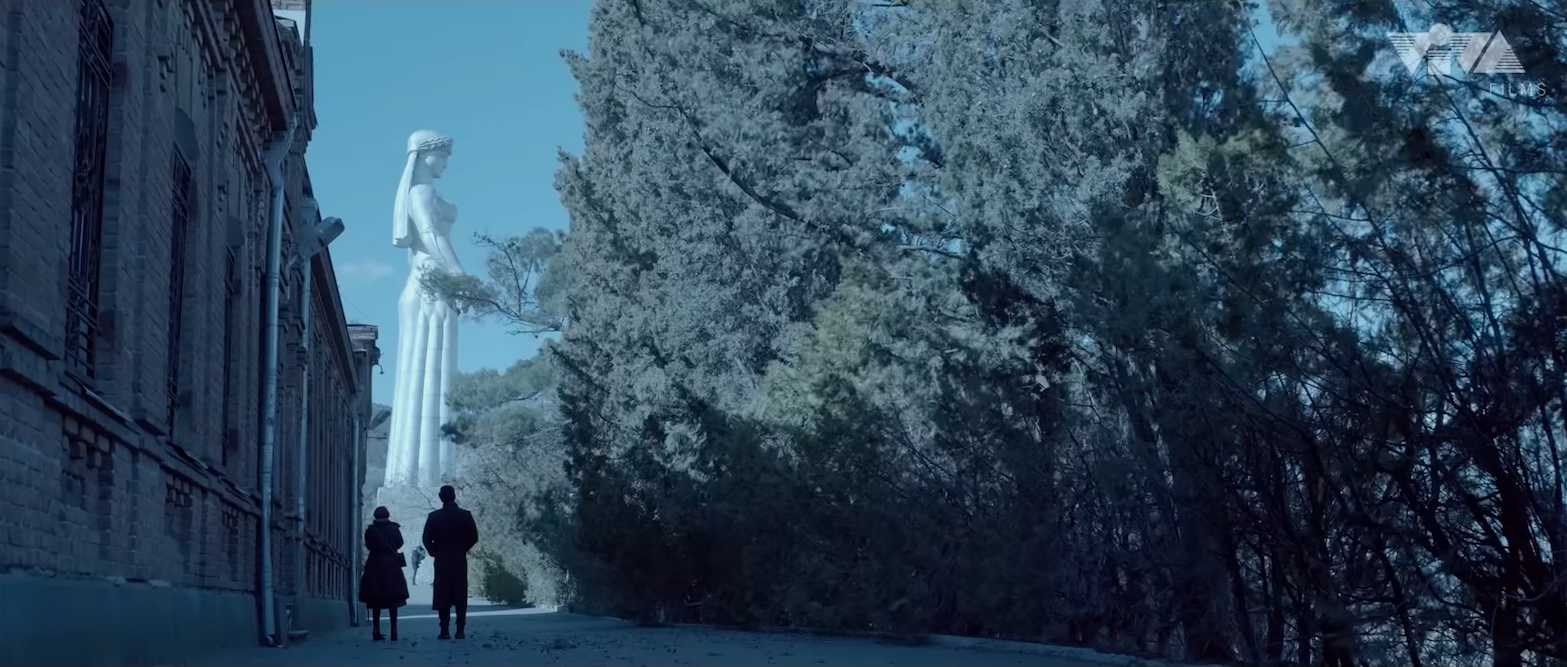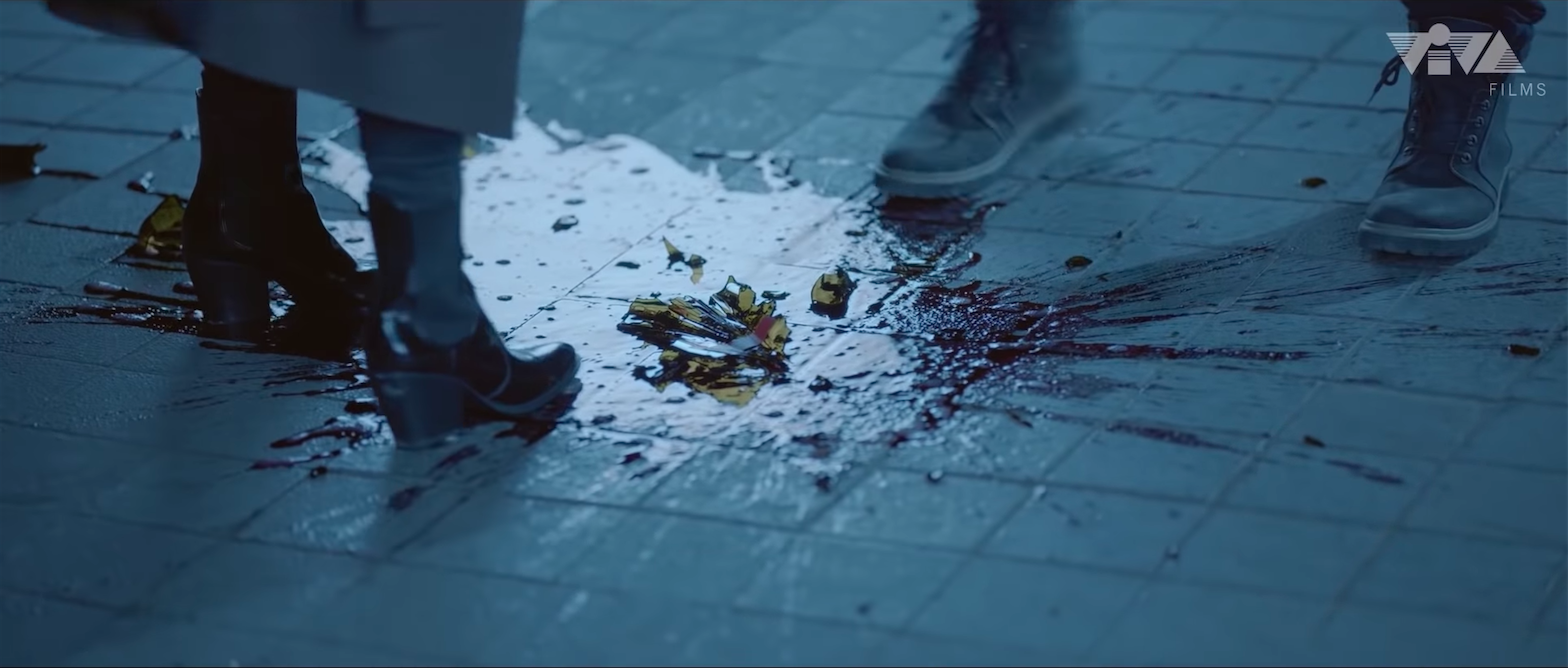How far can the past control the present? This 'he said-she said' film dives deep into the story of two Filipinos who meet in a foreign land. Will their story be filled with romance or will they end up with a knife to each other’s throat? Read on below:
“What we know about each other shouldn’t be based on the memories of our past,” Joachim tells Mara.
It is an assurance, a sense of security that he will accept her no matter how troubled her past is. Mara smiles back as if expressing she is willing to do the same. As the truth gradually comes out, will the two be able to hold on to their promise?
For the first time, in celebration of Philippine Cinema’s 100th year, QCinema Film Festival opened with a Filipino film — Untrue, written and directed by Sigrid Andrea Bernardo. The film is her follow-up after the blockbuster movie, Kita Kita, in 2017. A maze full of surprising twists and turns, Untrue journeys into the story of Mara Villanueva (Cristine Reyes) and Joachim Castro (Xian Lim), two Filipinos who meet by chance in the cobblestoned town of Tbilisi, Georgia.
The film opens with a beaten-up Mara at a local police station, her crimson red hair disheveled and her face swollen with bleeding wounds. She’s searching for her “lunatic” husband, Joachim. Weak and scared, she tells her story.
Mara arrived in Georgia three months ago when she meets Joachim, a vineyard investor who has been living in the country for five years. The two bump into each other one morning, which causes Joachim to drop and break one of the wine bottles he is carrying. They officially meet at his friend’s restaurant, where Mara works as a kitchen staff.

